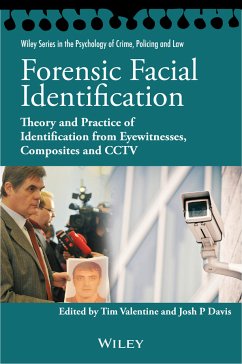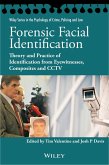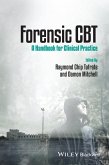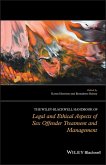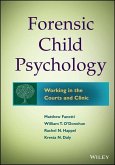Forensic Facial Identification "A broad view of contemporary eyewitness research in both traditional and emerging areas. The international cast of contributors particularly highlights the interplay between law and research across countries -- with lessons for all." Steven D. Penrod, Distinguished Professor, John Jay College of Criminal Justice "At an age where we are relying more than ever on facial identification to ensure public safety, this volume represents an important milestone in ensuring our decisions are informed by the latest developments in technology and science. International experts provide practitioners with an exhaustive review of the tools needed to identify and investigate cases relying on facial identification, be they terror suspects or victims of disaster. What is unique about this book is that experts are encouraged to learn from mistakes made in the past and to equip themselves with theory and science to enable them to best use identification evidence to avoid miscarriages of justice. An outstanding contribution to the field." Amina Memon, Professor of Psychology Royal Holloway, University of London Forensic Facial Identification provides an up-to-date set of best practices for professionals using eyewitness identification to solve crimes of all kinds. The book brings together a prominent group of contributors to discuss the latest scientific and technical advancements and their implications for practice. The contributors review current procedures for various facial identification methods and discuss their use and reliability. The chapters examine traditional forms of eyewitness identification, such as mugshots and line-ups, but also delve into newer technologies, such as facial identification using CCTV images and computerized automatic face recognition systems. Detailed case studies help put the latest research and technology in the proper legal context. Bridging the fields of psychology, criminology, and law, this essential volume, part of the Wiley Series in Crime, Policing and Law, is for those wishing to stay at the cutting-edge of this expanding and changing field.
Dieser Download kann aus rechtlichen Gründen nur mit Rechnungsadresse in A, B, BG, CY, CZ, D, DK, EW, E, FIN, F, GR, HR, H, IRL, I, LT, L, LR, M, NL, PL, P, R, S, SLO, SK ausgeliefert werden.
Hinweis: Dieser Artikel kann nur an eine deutsche Lieferadresse ausgeliefert werden.

